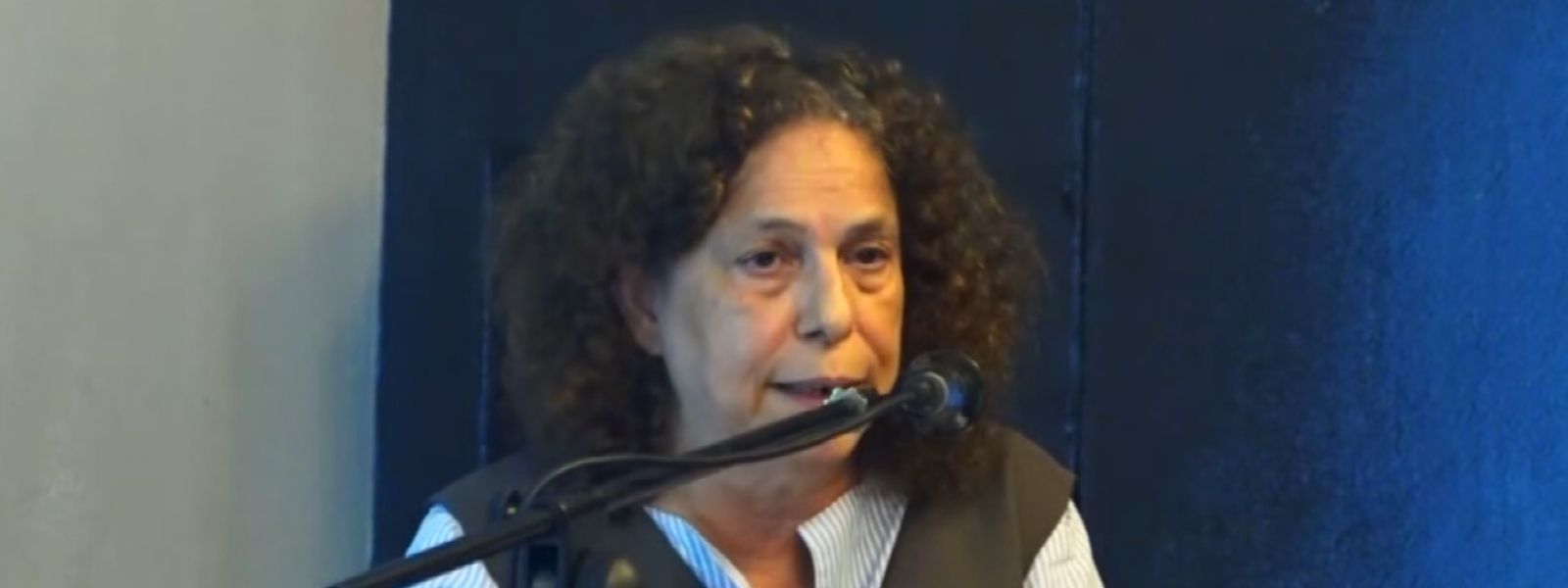.webp)

Trade Is Still the Most Powerful Tool to Uplift Nations : EU Envoy To Sri Lanka
COLOMBO (News 1st); Carmen Moreno, the European Union’s Ambassador to Sri Lanka and the Maldives, has reaffirmed the EU’s commitment to trade as a catalyst for development, while warning of growing global challenges that threaten the principles of free and fair commerce.
“We were born as a trade union,” Moreno said. “We believe in the power of trade to uplift countries by integrating them into the international market, eradicating poverty, creating jobs, and empowering communities.”
She noted that the EU and its member states collectively provide 50% of global aid for trade, making them the largest contributors to developing nations. “We’ve opened our markets to developing countries on a total and equal basis,” she added, referencing schemes like GSP+, EBA (Everything But Arms), and GSP, which offer duty-free and quota-free access—conditional on respect for international conventions, labor standards, and environmental regulations.
Moreno acknowledged that the post-war assumption that open markets would deliver shared prosperity has eroded. “Today’s world is marked by systemic rivalry, weaponization of independence—especially in finance, energy, and data—and strategic competition over critical resources and technologies.”
In this shifting landscape, she emphasized that economic policy has become national security, and strategic autonomy is a vital necessity for Sri Lanka.
Despite these challenges, Moreno stressed that trade and investment remain essential drivers of growth, especially for developing countries. “Revenue cannot come from tariffs alone. Excessive protectionism is not the answer. To attract investment, openness is key.”
The European Union’s Ambassador cautioned that globalisation is undergoing a profound transformation, with major powers increasingly using economic tools to exert influence over developing nations.
“These world builders—sometimes referred to as civilisational states—are offering capital in the form of loans, grants, infrastructure, trade, and technology as instruments of influence,” Moreno said. “Developing countries have become contested terrain in this global competition.”
She highlighted how critical value chains—such as food and medicine—have been weaponised during crises like the COVID-19 pandemic and the Russia-Ukraine conflict. “Raw materials are being used as leverage, turning essential goods into strategic assets,” she noted.
Despite these challenges, Moreno stressed that globalisation is not ending but evolving. “It’s a metamorphosis. Trade as we know it is changing, and in the next phase, the trade of manufactured goods will lose much of its importance.”
She warned that during this transition, free and fair trade is eroding, along with the rules-based international system. “We’re seeing a rise in bilateral, country-to-country approaches, often marked by coercion, uncertainty, and mistrust.”
Moreno noted that great powers are now competing to secure spheres of influence, making it essential for smaller nations to navigate this shifting landscape with caution and strategic foresight.
Other Articles
Featured News





.png )






























.gif)